
The woman had a bizarre case of pica, which causes people to compulsively eat or taste things that aren't food. (Image: FotoDuets/Getty Images)
Patient: 36-year-old woman from Michigan.
Symptoms: A woman presented to the emergency department after experiencing severe shortness of breath, abdominal pain, and fatigue that had lasted for about 24 hours. She had a complex medical history, including obesity, sleep apnea, and vitamin deficiencies, as well as mental health conditions such as anxiety, depression, and post-traumatic stress disorder (PTSD).
She had been hospitalized twice before for mental health problems. But recently she had been receiving treatment – daily antidepressants and a monthly injection of a long-acting antipsychotic – that seemed to prevent further attacks.
You may like
-

A man turned to ChatGPT for dietary advice and ended up with a dangerous syndrome called “bromism”.
-
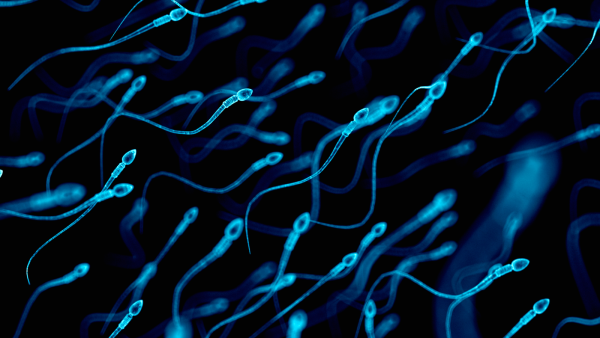
Rare sperm allergy may have caused woman's infertility
-
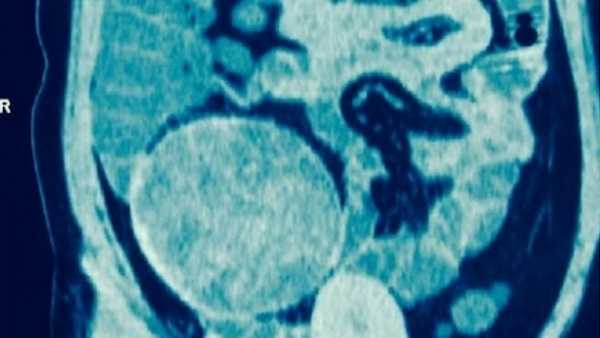
A strange lump in a woman's thigh turned out to be a sponge left over from a cesarean section.
What happened next: The patient was given oxygen on the way to the hospital. Upon arrival, doctors stabilized her condition with several blood transfusions after lab tests revealed anemia, a condition in which the body has too few healthy red blood cells to carry oxygen.
Her blood had low levels of hemoglobin and platelets, the components of blood that carry oxygen and help form clots. The X-ray also showed signs of an enlarged heart, indicating that it was compensating for the blood's lack of oxygen-carrying capacity.
Doctors tested the patient's blood levels of iron and folate, which are needed to form red blood cells. The results were normal, but her levels of vitamin B12, a micronutrient critical to red blood cell formation, were dangerously low. Later tests showed she had antibodies that prevented her from absorbing vitamin B12.
Diagnosis: These results are consistent with pernicious anemia, a condition in which the body's immune system attacks the stomach cells needed to absorb vitamin B12. Without enough B12, the body cannot make healthy red blood cells, and long-term deficiency can cause cognitive and behavioral changes, including mood disorders and, in some cases, psychosis.
Given the patient's psychiatric history, the emergency department physicians consulted with the psychiatric team after she was stabilized. The patient reported tasting bleach powder two to three times a day for a month, attracted to its strong odor and gritty texture. She reported licking her finger, dipping the tip in the powder, putting it in her mouth, swishing it around, then spitting and swishing it around. She denied ever swallowing bleach.
She said her family was concerned but she was “not worried or concerned about her own behavior,” her doctors wrote in a report.
The behavior was consistent with pica, a disorder in which people compulsively eat or taste non-food substances such as dirt, ice, or starch. In this case, the compulsivity appeared to be related to the patient’s anemia, as vitamin B12 deficiency was the cause of both the blood disorder and the behavioral changes.
Treatment: The patient's immediate care focused on stabilizing her vital signs with intensive monitoring in the intensive care unit and blood transfusions to restore red blood cell counts and reduce the strain on her heart. Once stabilized and discharged, the patient was given vitamin B12 supplements and medications to reduce stomach acid. She also agreed to an endoscopy in the outpatient clinic to check for gastritis (inflammation of the stomach lining).
Doctors noted in the report that pernicious anemia “requires lifelong vitamin B12 supplementation to correct the deficiency and alleviate associated psychiatric symptoms.” However, the patient did not return for follow-up after being discharged from the hospital, so doctors do not know whether she continued treatment or whether her symptoms resolved.
What makes this case unique: In other cases, pica has often, though not always, been linked to vitamin and nutrient deficiencies, particularly iron or zinc. In this case, it was caused by a severe vitamin B12 deficiency. Doctors called it “the first case of its kind characterized by underlying anemia due to B12 deficiency.”
RELATED STORIES
— A rare disease made a woman see dragons in people.
— The man's preference for “soft” bacon could have caused his brain to become infected with worms.
—The girl's dental problems caused a life-threatening eye infection.
The report also notes that the patient's behavior suggests a rare and newly identified variant of pica called desiderosmia, in which a person's desires initially appear to be fueled more by smell than by taste or the act of eating.
The case serves as a reminder that psychiatry and medicine must be assessed in parallel to provide patients with a comprehensive approach to treatment. Given the patient's psychiatric history, her affinity for bleach could easily have been attributed to psychological causes, the authors argue.
The case highlights that such behavioural changes should prompt a thorough medical examination and psychiatric consultation, as they may be the first sign of an underlying, life-threatening illness, the doctors concluded.
Disclaimer
This article is for informational purposes only and does not provide medical advice.
TOPICS Diagnostic Dilemma

Anirban Mukhopadhyay, Live Science Contributor
Anirban Mukhopadhyay is a freelance science journalist. He holds a PhD in genetics and an MSc in computational biology and drug discovery. He writes regularly for The Hindu and has contributed to The Wire Science, where he brings complex biomedical research to the public in an accessible manner. Apart from scientific writing, he enjoys writing and reading fiction that blends myth, memory and melancholy into surreal stories that explore themes of grief, identity and the quiet magic of self-discovery. In his free time, he enjoys long walks with his dog and motorcycling in the Himalayas.
You must verify your public display name before commenting.
Please log out and log back in. You will then be prompted to enter a display name.
Exit Read more

A man turned to ChatGPT for dietary advice and ended up with a dangerous syndrome called “bromism”.
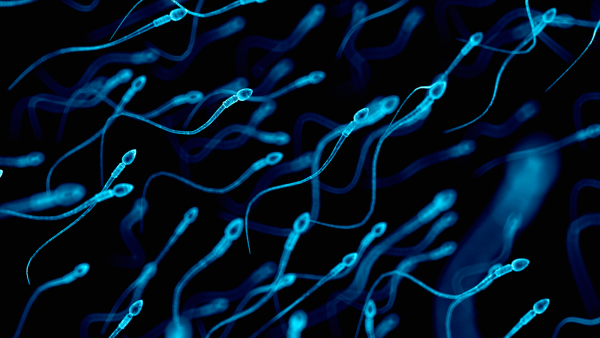
Rare sperm allergy may have caused woman's infertility
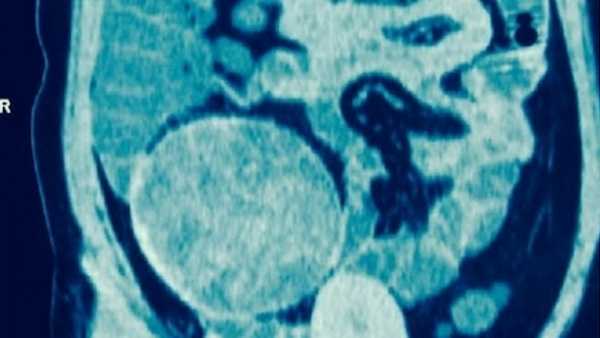
A strange lump in a woman's thigh turned out to be a sponge left over from a cesarean section.

Hunter's rare allergy meant he could no longer eat red meat.
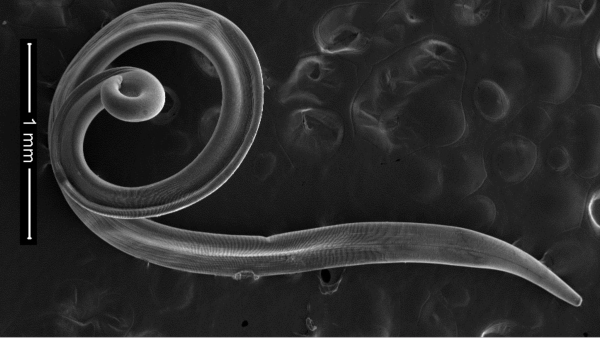
The woman got something in her eye – and it turned out to be parasitic worms.
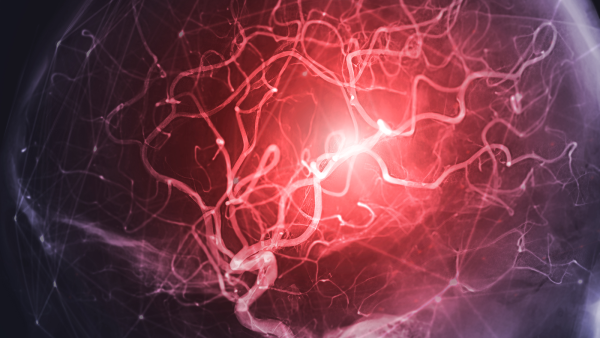
Orgasm involving kitchen whisk likely triggered fatal aneurysm in man
Latest Health News
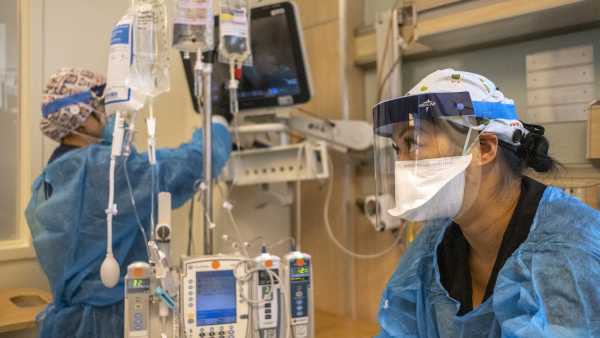
“We have effectively destroyed our entire capacity to respond to a pandemic,” says leading epidemiologist Michael Osterholm.

Study Finds Just One Dose of LSD Can Relieve Anxiety for Months

Extreme Thinness: Scientists Explore Why Some People Find It Hard to Gain Weight
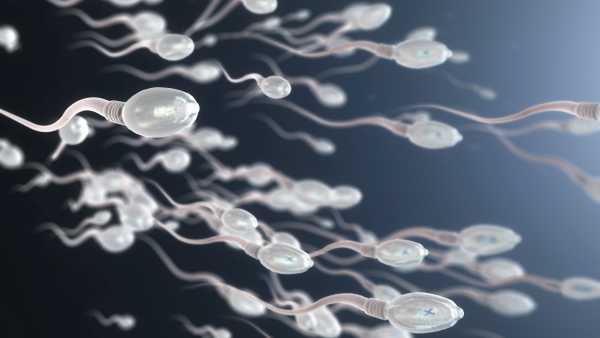
Scientists have invented “spermbots” that they pilot through an artificial cervix and uterus.

Robert Kennedy Jr. Wants to Reform the Nation's 'Vaccine Court.' Here's What's Stopping Him

Dissecting (many) false claims by RFK Jr. about COVID vaccines
Latest Features

How the Secret of the Origin of the Little Hairy Yakut Horses Was Revealed in the Siberian “Gateway to the Underworld”

Woman Constantly Tastes Like Bleach — And Doctors Find Hidden Cause in Her Blood

Kneeling Bull: Iran's 5,000-Year-Old Hybrid Creature With Mysterious Purpose

James Webb Space Telescope Spots Deformed 'Butterfly Star' Shedding Chrysalis – Space Photo of the Week

Do humans and chimpanzees really share 99% of their DNA?

Giant 'Checkerboard' Surrounds Idaho River in Bizarre Astronaut Photo
LATEST ARTICLES
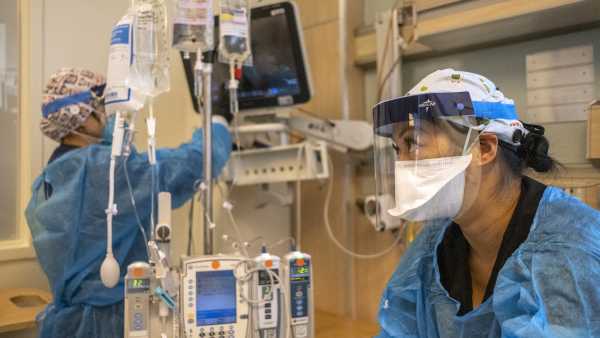
1″We have effectively destroyed all our capacity to respond to a pandemic,” says leading epidemiologist Michael Osterholm.
Live Science is part of Future US Inc., an international media group and leading digital publisher. Visit our corporate website.
- About Us
- Contact Future experts
- Terms and Conditions
- Privacy Policy
- Cookie Policy
- Accessibility Statement
- Advertise with us
- Web Notifications
- Career
- Editorial Standards
- How to present history to us
© Future US, Inc. Full 7th Floor, 130 West 42nd Street, New York, NY 10036.
var dfp_config = { “site_platform”: “vanilla”, “keywords”: “type-regular,serversidehawk,videoarticle,van-enable-adviser-
Sourse: www.livescience.com





